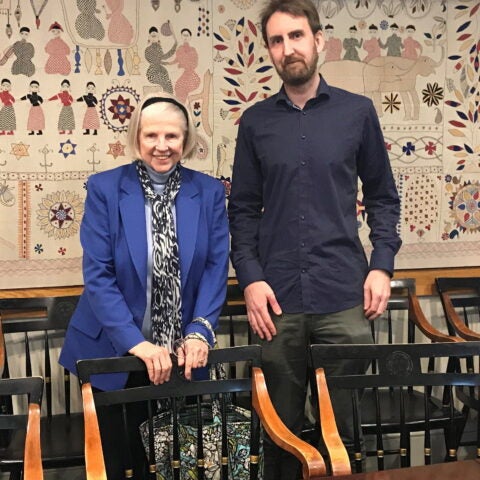Sissela Bok Ethics and Population Research Prize
Overview of the Sissela Bok Ethics and Population Research Prize
The Harvard Center for Population and Development Studies is proud to offer the Sissela Bok Ethics and Population Research Prize. A $5,000 prize is awarded biennially in the form of a research/travel grant to a doctoral student, postdoctoral fellow or untenured faculty member at Harvard who has incorporated ethical considerations into their population science research. The Prize is named after longtime Harvard Pop Center member Sissela Bok, a philosopher, ethicist, and writer who has spent her renowned career exploring both personal moral obligations, as well as those of societies as a whole.
The application process involves submitting a one–page letter that includes a description of research that incorporates high standards of ethics considerations and a brief explanation of the ethical problem(s) germane to the research, along with a CV. Recipients are selected by a small committee within the HCPDS. The call for applications is announced via the Harvard Pop Center website, and its e-newsletter.
About Sissela Bok
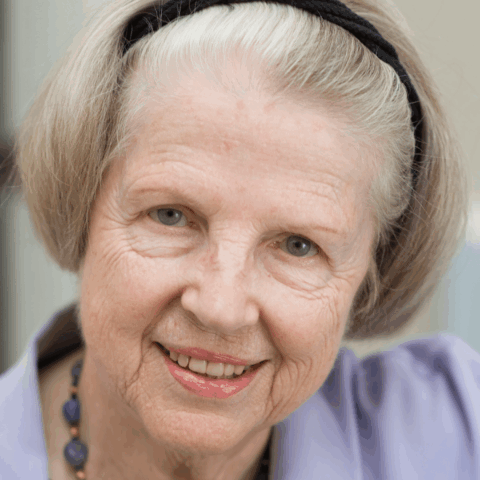
Winners of the Sissela Bok Ethics and Population Research Prize
2023
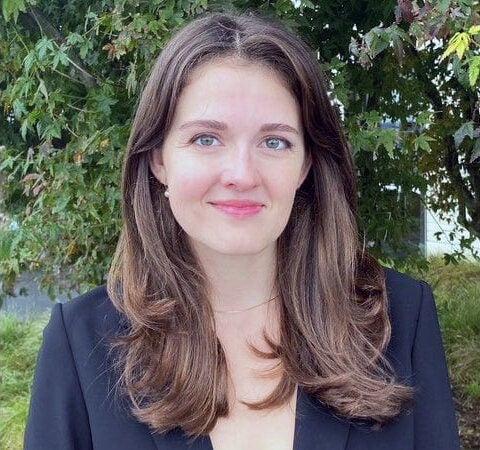
2021
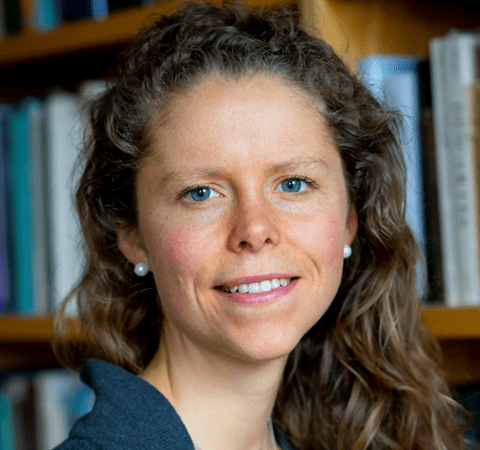
2019
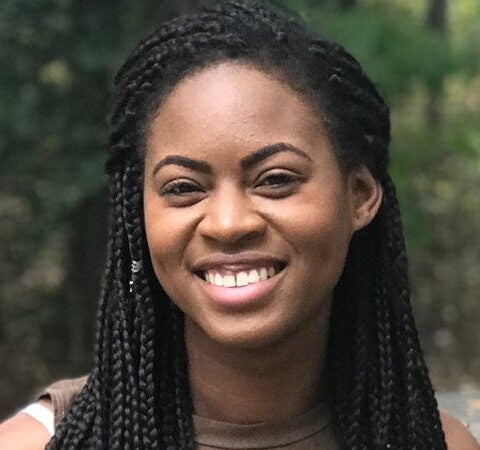
2017
